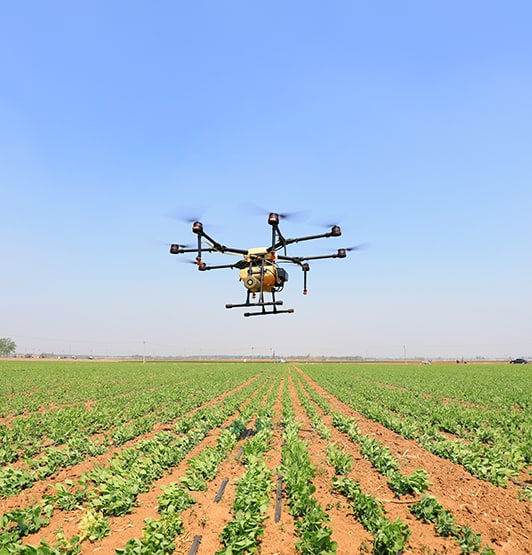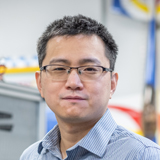Autonomous and advanced driver systems
Autonomous and advanced driver systems research spans multiple disciplines, including physical and virtual engineering, human factors, transport planning and governance.
Wide-ranging expertise is undertaken through specialist research centres at our Loughborough and London campuses which allow us to approach the complexity of autonomous and advanced driver systems from many different perspectives.
Based on the Queen Elizabeth Olympic Park, our London campus is at the heart of the national centre for intelligent mobility. Mobility at Plexal operates in partnership with Transport for London and connects some of the world’s most innovative mobility companies including Ford Smart Mobility. Working with established industrial partners, the Automotive Council, Advanced Propulsion Centre and Mobility at Plexal, we are ideally placed, especially through the Institute of Digital Engineering and Smart Mobility Living Lab, to progress transport and mobility solutions through collaboration and direct exchange with those driving change.
Goal-oriented control systems
Currently there is a huge concern about the safety implication of inserting drones and intelligent vehicles in the public environment. An EPSRC Established Career Fellowship award in control (£1.6m, 2020-25) is enabling the development a new fundamental theory and design tools for the emerging field of Goal-Oriented Control Systems (GOCS) to underpin efficient and safe operation of highly automated systems from healthcare robots to driverless cars and UAVs. The research aims to provide a level of assurance and support both industry and regulatory bodies to build up safety cases.
Active, integrated driver management
We are part of a European Union Horizon 2020 project i-DREAMS to develop a system that provides timely interventions of drivers in different modes in a safe driving zone. Comparing driver abilities to the challenges of the driving task means interventions can be put in place to assist drivers, and vehicles, to manage and avoid dangerous driving situations.
Preparing for a driverless future
We lead a £5.7m EU Commission Horizon 2020 funded project with 12 global partners that will help European cities assess the future of driverless transport across the continent and plan for the impact it will have on infrastructure and society. Levitate, or Societal Level Impacts of Connected and Automated Vehicles, looks at how cities, towns, regional authorities and national governments can use technology, and create new systems to accommodate the forecast growth of driverless cars, buses, taxis and pods, as well as autonomous freight and logistics.
AI-guided rail carriages
We are part of a collaborative project Acti-Wheel, to deliver an autonomous control system which uses AI to guide carriages along the tracks. The 21st-century upgrade has stripped away more than two centuries of Victorian engineering and replaced it with computer-guided wheelsets – with each wheel powered by its own motor. It means better cornering performance, stability, greatly reduced track damage, and in the future the possibility of double-decker trains and brings the industry a step closer to a fully automated network.

Advancing crop spraying drones
We lead a Science and Technology Facilities Council (STFC) funded project to develop and deliver an integrated and accessible crop disease management service to support early detection, rapid response and targeted control of crop diseases while simultaneously reducing the cost and environment impact of excessive use of pesticides. It builds on previous STFC research; advancing research in Remote sensing data analysis, Crop disease monitoring and foresting and Drone based smart intervention to enable more effective and acceptable deployment of crop spraying drones for crop disease treatment.
Meet the experts
The experts below represent the broad interests of our researchers in autonomous and advanced driver systems. We look forward to hearing from you.





